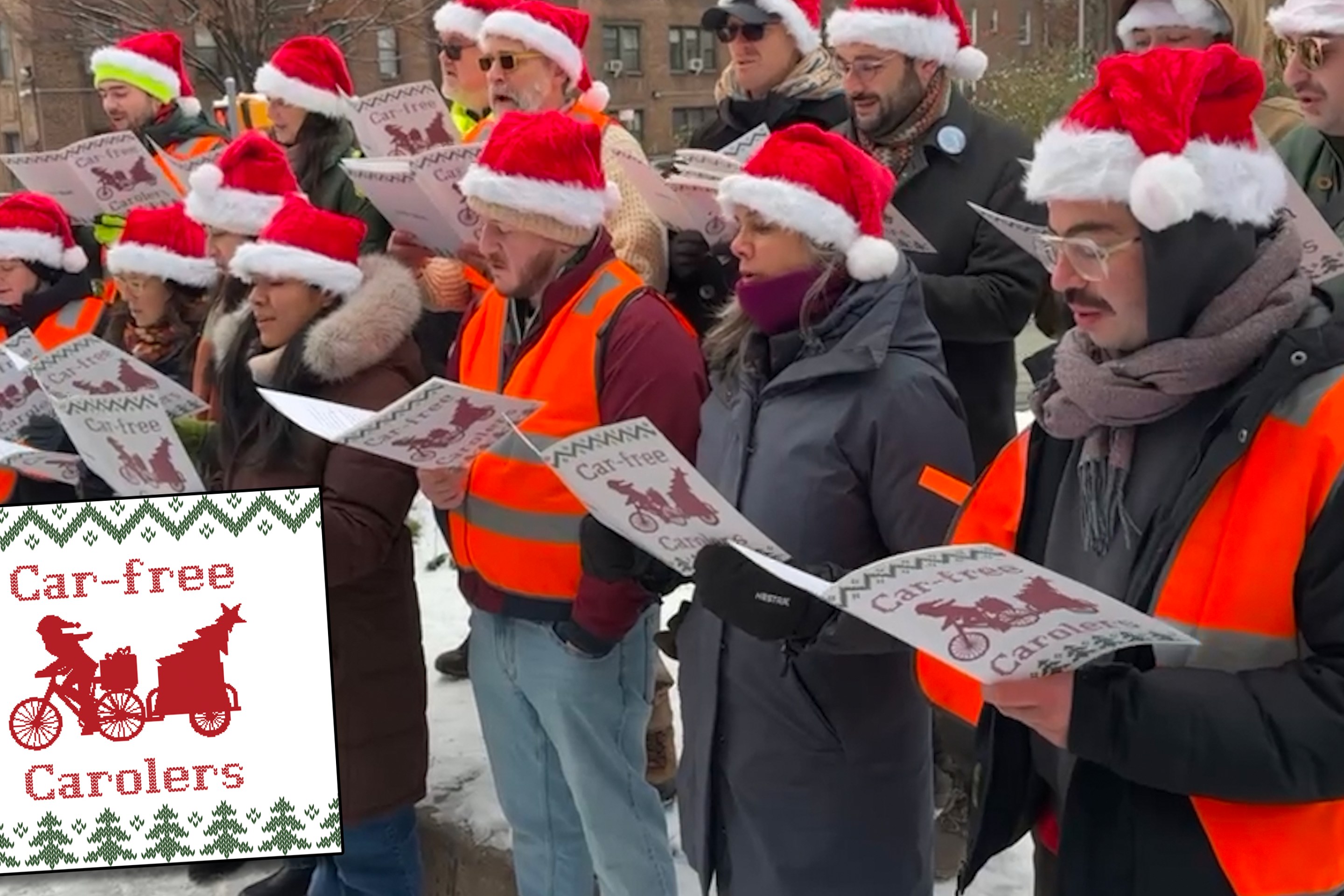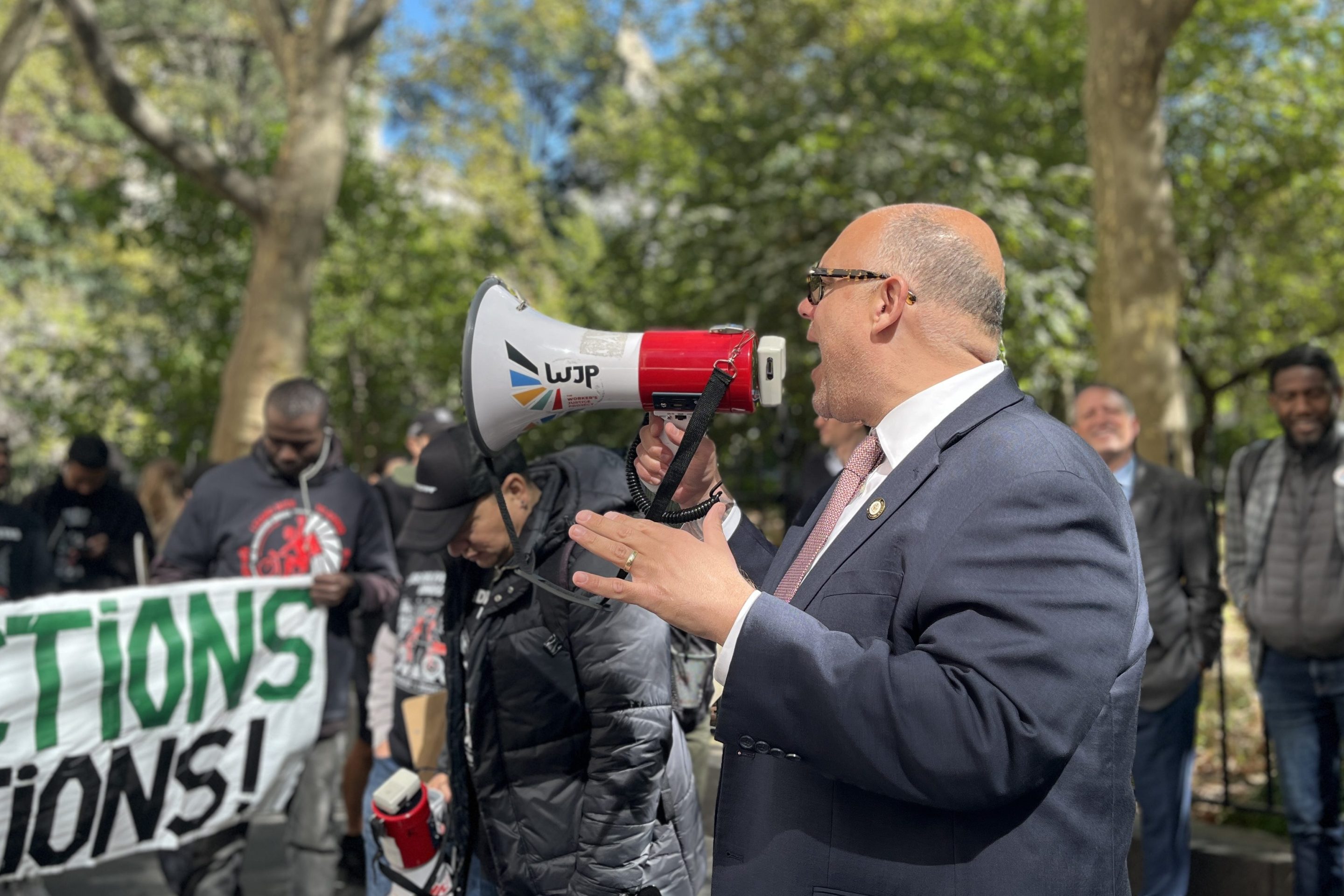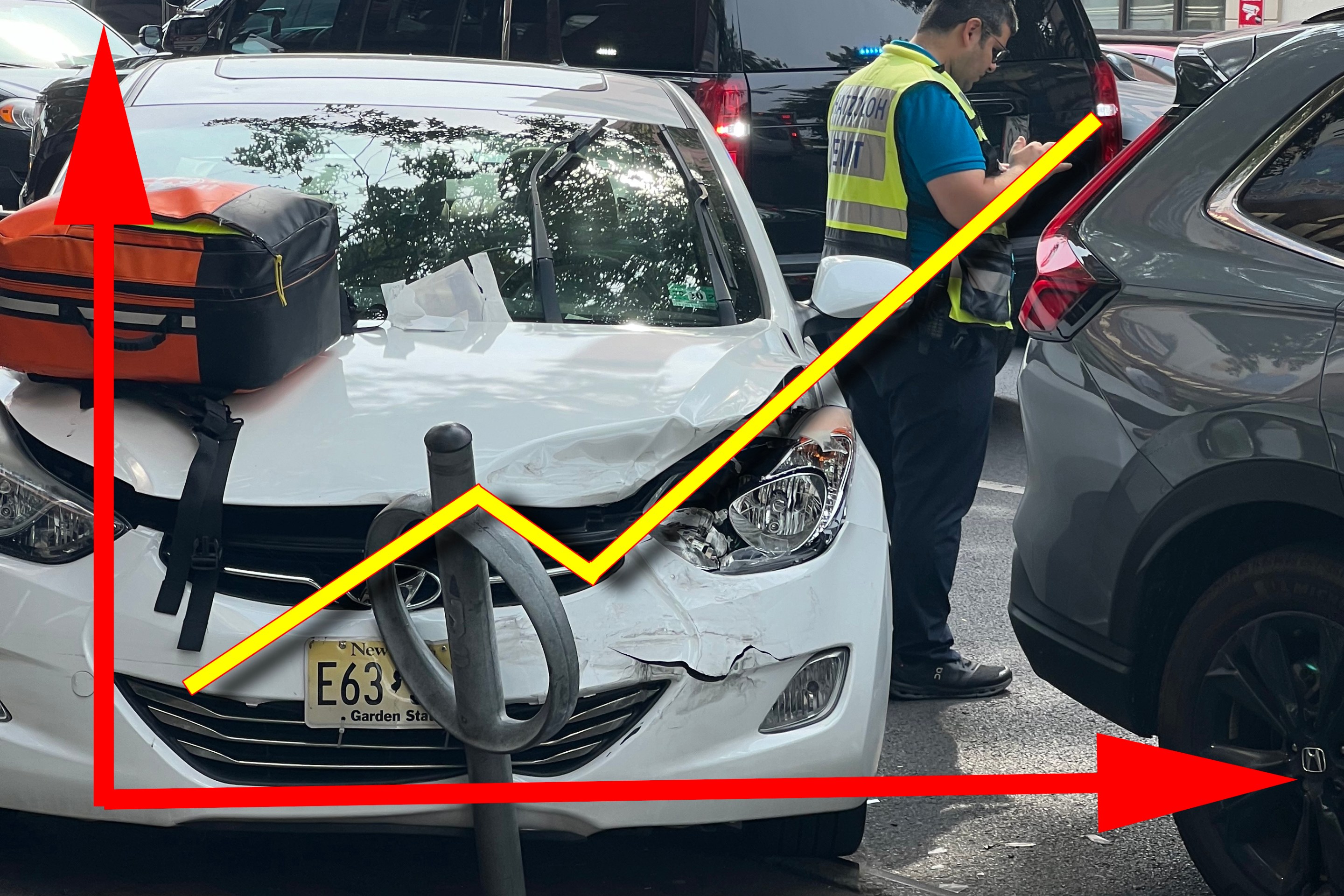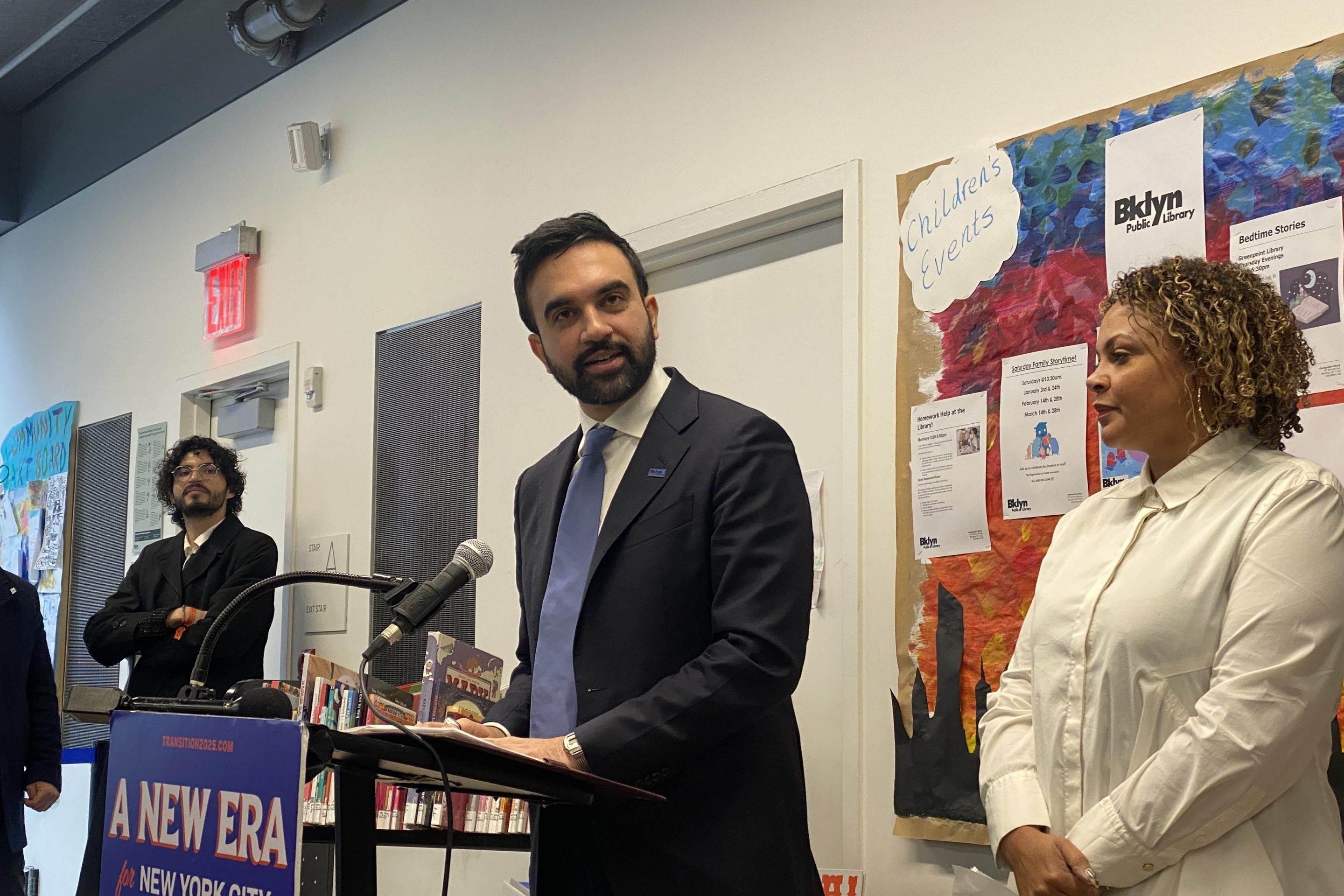States must completely reform policing strategies to reduce racial bias, including no longer using traffic enforcement as a community policing strategy and training law enforcement officers better to reduce the impact of their implicit bias against Blacks and Hispanics, a new report from a crucial national group argues.
The Governors Highway Safety Association report offered 10 recommendations that would reduce racial disparities in traffic safety engagement and enforcement in a nation where Black drivers are stopped more frequently than White drivers and more likely to have their vehicles searched even though statistics show that White drivers are more likely to be found with illegal material.
"[The report] helps us better identify ... and address a lot of problems of the treatment we have been seeing with law enforcement in this country,” said Russ Martin, the spokesman for the national organization, which said it began its review in January, after months of nationwide protests after the killing of George Floyd refocused many Americans’ attention on the racial bias of policing.
The report offered these main recommendations to advance equity in traffic safety programs (consolidated where necessary):
- All states — rather than just 25 currently — must collect racial and demographic data for all traffic stops. And the federal government should provide more than just $375,000 for the collection of this data.
- States should expand automated or camera enforcement, which has the potential to eliminate human biases — but only if the cameras are equitably distributed, the report added. Multiple studies have shown that camera enforcement reduce reckless driving, but some communities claim they are being treated unfairly because cameras are often placed in low-income areas because that's where the high-speed arterials tend to be.
- All states should establish community outreaches like New York's community listening session, which enable law enforcement, local health departments and community program grantees to provide input on the highway safety planning process. And states must include diverse community voices to shape police enforcement and influence policing strategies.
- States should stop using traffic enforcement as a community policing strategy in communities of color. Communities should eliminate using minor traffic violation stops as a way investigate a more serious crime. Oakland, for example, opted to target risky driving and required a specific reason to stop a driver. After a three-year period, traffic stops involving Black drivers dropped 63 percent and stops involving Hispanic drivers dropped 43 percent.
- Mandated training on implicit biases and incentivizing higher education for law enforcement officers. Implicit biases refer to the attitudes or stereotypes that affect our understanding, actions, and decisions in an unconscious manner.
- States and communities should aim towards zero road deaths, with a collaborative, multi-agency approach, like in New York City’s Vision Zero initiative.
- States should ensure driver's license sanctions are restricted to moving violations and to explore options for a more flexible payment structure to pay fines. The report states that BIPOC drivers have a greater chance of being pulled over than White drivers and, depending on state laws, licenses can be suspended due to minor offenses or non-driving belated behavior like defaulting on a student loan. This, in essence, criminalizes poverty.
The recommendations will now be sent to member organizations in the Governors Highway Safety Association. In New York State, they will be received by a multi-agency group called the Governor’s Traffic Safety Committee, an obscure panel that includes representatives of the Department of Motor Vehicles, the state police, and the departments of health, transportation and education. The committee supposedly coordinates "all highway safety programs In the state,” though they do not appear to be any references to the group beyond state-issued press releases.
"This new report is encouraging [because it] recognizes that we cannot — and should not — continue the status quo of reactive, punitive traffic enforcement work," said Leah Shahum, the executive director of Vision Zero Network. "Those of us in the traffic safety community need to be more active in questioning and, where needed, changing strategies that are not effective and equitable."






